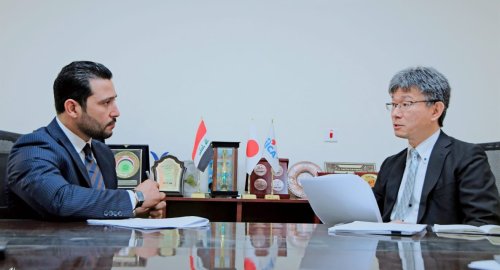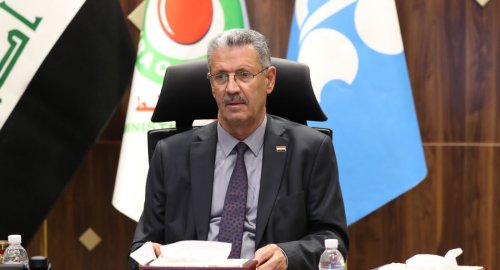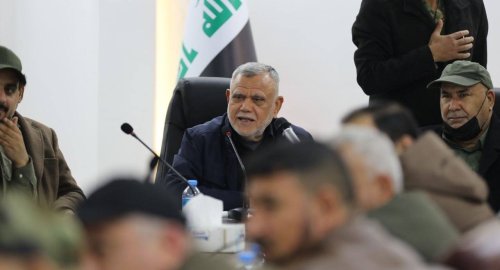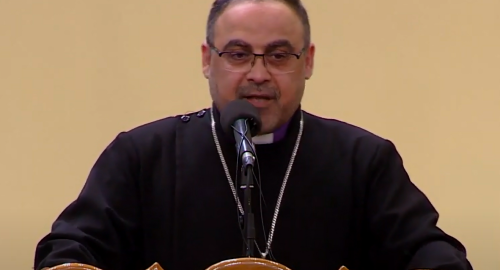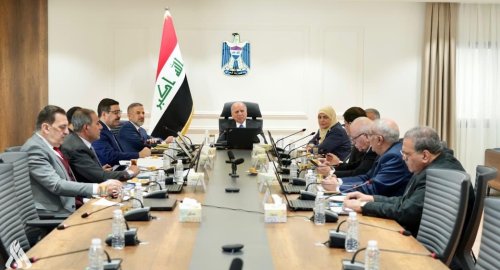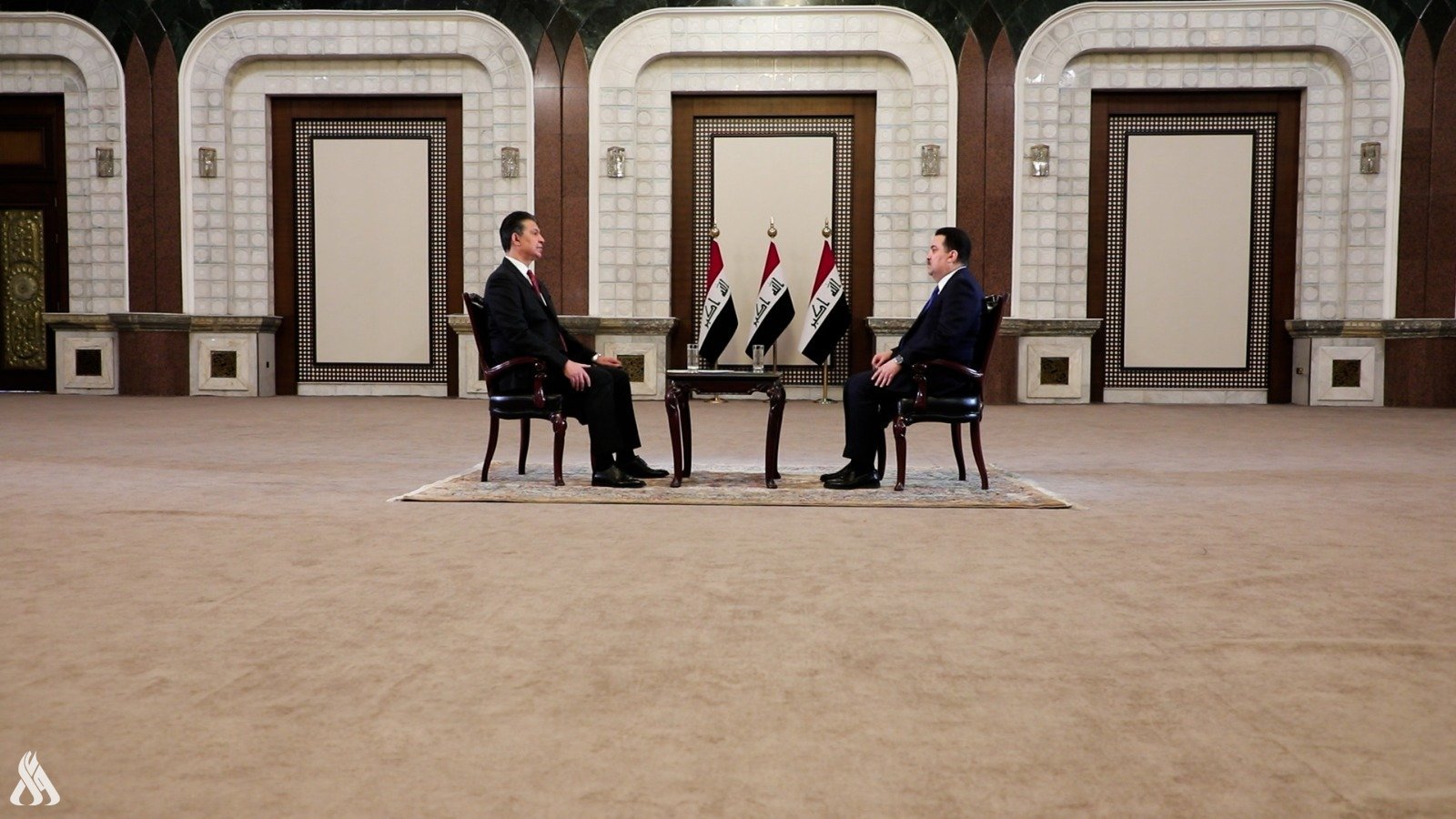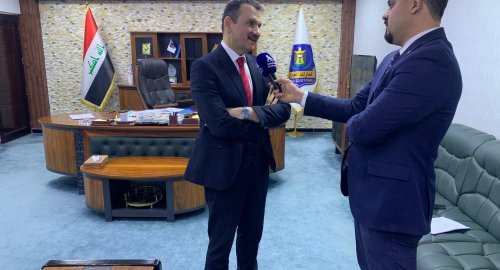
Customs Authority outlines characteristics of ASYCUDA system, announces its deployment in four locations, including Baghdad Airport

- 1-04-2024, 13:51
INA- BAGHDAD
The Customs Authority announced today, Monday, the successful implementation of the ASYCUDA system in four centers on an experimental basis. It also confirmed that the system will continue to be used in the port of Umm Qasr after overcoming some challenges. Furthermore, the announcement highlighted the benefits of the system and its positive impact on economy and procedural control, indicating the authority's intention to generalize and implement the system in 50% of its centers by the end of this year, and in all of its centers in Iraq by the middle of the following year.
"The authority is continuing to circulate the ASYCUDA system in all its customs centers, and it has been successfully applied experimentally at Baghdad Airport, specifically at its air cargo port, since October of last year," Hassan Al-Ugaili, the authority's head, told the Iraqi News Agency (INA). "We evaluated the system's effectiveness in addressing infractions and managing the processes carried out by the Authority's staff members and auditors," he continued.
He made note of the following: "We faced a number of issues and objections at the beginning of the application, which arose from citizens' lack of habituation to work according to a relatively modern electronic system. At first, there was a degree of resistance, but over time, the difficulties were overcome and progress was made in the application of the system, where the intervening importers and agents of the output from maritime agencies and carrier companies responded." The Prime Minister personally supported this effort, as did the Minister of Finance and the House of Representatives.
"The system is distinguished by unifying the procedures of the Customs Authority and at all its crossings and ports, while unifying the methods of collecting fees and providing precise and accurate data for the entire Iraqi state about the volume of imports and the amount of trade exchange between them," he said, pointing out that "the system includes multiple features and is applied in more than one country in the world, and today Iraq has joined these countries."
"It also provides information to the decision-maker about import and export, control over currency movement, and the exchange of dollars between Iraq and other nations," he continued.
As it will control the prevention of the entry of prohibited materials from import, such as drugs, weapons, currency molds, some goods prohibited from importing, and other things, the system will help the customs authority in tightening control over the issues of prevention and restriction, he pointed out.
The week "The current process will see the start of the training process for the Skoda team in Baghdad as well as training in Basra," he explained, adding that "the ASYCUDA team will be ready when the authority works in any customs center, after training the customs authority staff at a high level by international experts working with the United Nations team that implements this system and manages the project."
He expressed his hope that "by the end of the year, we will have automated all the ports and there won't be a single customs center that doesn't operate based on the electronic system." He noted that "the authority continues to apply the system to all its crossings and we look forward to the end of the year to introduce it by 50 percent of the ports."
US Central Command: We killed ISIS terrorist leader Abu Yusuf in Syria
- International
- 24/12/20
Liverpool compete with Real Madrid to sign Olympique Lyonnais star
- Security
- 24/12/19
Iraq assumes presidency of Arab Investment Company’s Executive Board
- Economy
- 24/12/17
Hackers exploiting Microsoft Teams to gain remote access to user’s system
- Multimedia
- 24/12/17

